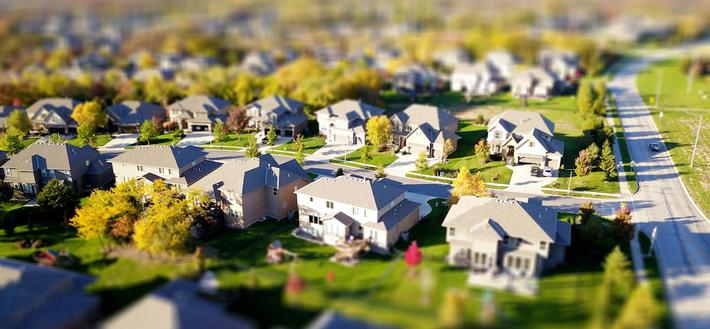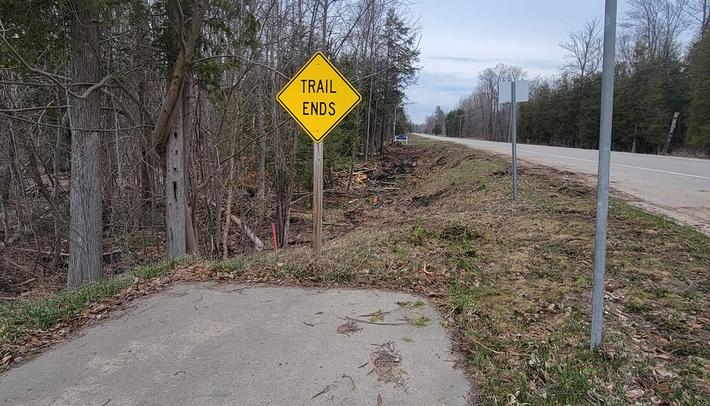Zoning Changes Deserve Discussion
Spectator
By Stephen Tuttle | July 8, 2023
The Traverse City Planning Commission recently recommended several zoning changes designed, they say, to help alleviate our current housing shortage. Any debate should come into sharp relief when the proposals are next discussed by the City Commission.
Though you won’t find it in our constitution or statutes, many people believe shelter in the form of housing is a fundamental human right to which we are all entitled. Others talk as if that right extends to the housing we want in the location we want for the price we want.
The primary goal of the zoning changes is to provide the opportunity for more housing in more locations, including multi-family housing in areas it is now prohibited by some zoning, more accessory dwelling units (ADU) in backyards, and, most controversially, more rentals in single-family neighborhoods that would not require property owners to be present.
There are multiple schools of thought on the impact such changes might bring.
Research by the Brookings Institution indicates owner-occupied rental requirements reduce the availability of a community’s rental housing inventory, driving up both demand and costs and increasing housing inequalities that already exist. They even call it a “back-door attack on renters.”
The other side of the argument seems to have more advocates. Trulia, Shelterforce, Habitat for Humanity, Housing and Urban Development (HUD), and others believe owner-occupied housing is a key factor in maintaining neighborhood stability and fostering a sense of community. The owner-occupied housing advocates point to communities like Aspen, Colorado, and Sedona, Arizona, where rental properties, especially short-term rentals, have decimated the housing inventory and destabilized neighborhoods.
The fear among some Traverse City residents is that without owner-occupancy requirements, real estate investment groups, already existing or newly created, will buy existing single-family homes as they come to market, then either convert them to multi-family if possible, tear them down to create multi-family structures, or slap an ADU or two in the backyard as would be allowed by the proposed zoning changes.
Those investors will want to recoup the cost of those conversions—plus a reasonable return on their investment—so new rentals in that scenario will be at market rate and will not fall into the elusive “affordable housing” category. Additionally, converting single-family homes or home lots into multi-family rentals will reduce the single-family home inventory, further driving up home prices in an already over-priced market.
Additionally, without owner-occupied rentals, there is some question as to who will maintain, repair, and enforce rules on the property. If ownership is an investment group located elsewhere, even out of state, how is that going to work? It’s likely a property management company will be required, and that adds additional expense to pass on to the renters.
Maybe the biggest mystery is whether or not the kind of rental opportunities now being proposed actually fill a need. We’re told Traverse City should cater more to a so-called “missing middle,” or middle income families with children. But there isn’t much evidence that that demographic is interested in small apartments or ADUs in someone else’s backyard. Nor is there much evidence that already existing homeowners have significant interest in filling their backyard with an ADU and renters who are strangers.
It may be some zoning changes will help facilitate more rental properties, helping to at least somewhat mitigate an ongoing problem. It’s also possible urban living with greater density is not why people want to move here at all, that we should be focusing our efforts away from downtown where land, construction, and rents all need to be taxpayer subsidized for developers to make a profit.
And are we even asking the right questions? Are all those zoning changes, if enacted, going to negatively impact neighborhood stability and the sense of community that comes with that stability?
All of the above is speculative on all sides of the discussion; there is no objective right or wrong, and the only truth is we don’t know what the proposed zoning changes might create.
Increasing the number of available rental properties seems likely, but will that be an additional stressor on the single-family home inventory? Will such a change destabilize existing single-family home neighborhoods? If we fail to take any action, won’t that further squeeze the available rental inventory and drive those prices even higher? Does requiring owner-occupation depress the rental market? Does permitting off-site ownership reduce landlord involvement and accountability? And if we rezone or not, is there any way short of massive subsidization that provides reasonable housing opportunities for those already economically marginalized?
We have questions aplenty but no definitive answers. Those questions deserve both time and discussion as we try to figure this out.
Trending

Walking in an Artsy Wonderland
Michigan Legacy Art Park is hosting the “Raindrops” artwork created by Dewey Blocksma and Patricia Innis at th... Read More >>
Seven Takeaways from Local Real Estate Agents for the Spring/Summer Market
The last few years in local real estate have been akin to what one local agent described as the “wild west,” w... Read More >>
Blazing the Boyne City to Charlevoix Trail
We’re getting ever closer to an interconnected northern Michigan thanks to ongoing work on the Boyne City to Charlev... Read More >>


